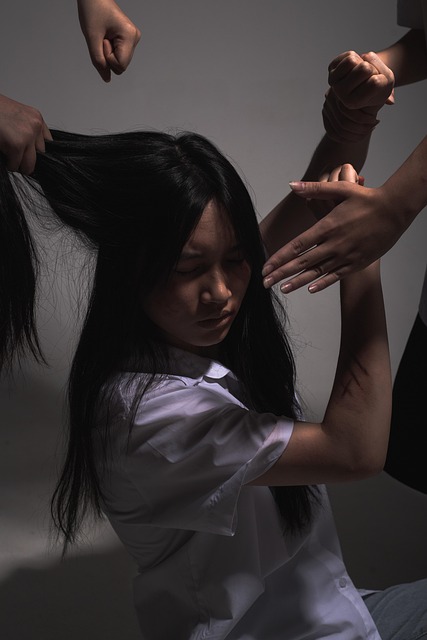Understanding and addressing unique challenges faced by Teen Challenge abuse survivors is vital for effective counseling. Creating safe, non-judgmental spaces allows them to process trauma, rebuild self-esteem, and develop healthy coping mechanisms. A comprehensive approach combining individual counseling, group therapy, CBT, EMDR, and creative arts facilitates long-term recovery, emotional restoration, and community support for Teen Challenge abuse victims.
Teen Challenge programs, while fostering spiritual growth, can unfortunately expose vulnerable youth to abuse. This article explores the critical need for specialized counseling and care for Teen Challenge abuse survivors. We delve into understanding their unique needs, creating safe spaces for healing and support, and implementing therapeutic approaches designed for long-term recovery. By addressing these aspects, we aim to equip professionals and caregivers in supporting these survivors on their path to restoration.
- Understanding Teen Challenge Abuse Survivors' Needs
- Creating Safe Spaces for Healing and Support
- Therapeutic Approaches for Long-Term Recovery
Understanding Teen Challenge Abuse Survivors' Needs

Understanding the unique needs of Teen Challenge abuse survivors is paramount in providing effective counseling and care. These individuals often face complex emotional and psychological challenges stemming from their experiences within the Teen Challenge program, a structured religious rehabilitation environment. Many survivors may have endured physical, emotional, or sexual abuse, isolation from supportive networks, and intense pressure to conform to strict moral codes.
Counselors and caregivers must be sensitive to the trauma these victims have experienced. They should offer a safe, non-judgmental space for survivors to process their feelings, memories, and triggers. Tailoring support to address specific needs—such as rebuilding self-esteem, developing healthy coping mechanisms, and fostering resilience—is essential for their long-term healing and recovery.
Creating Safe Spaces for Healing and Support

Creating safe spaces is paramount in counseling Teen Challenge abuse survivors, as it fosters a sense of security and trust essential for healing. These spaces should be free from judgment and offer non-threatening environments where victims can express their experiences and emotions openly. Therapists play a crucial role in establishing such settings by ensuring confidentiality, maintaining empathy, and creating ground rules that promote respect and understanding.
Supportive spaces enable survivors to share their stories without fear of retaliation or further harm, which is vital for processing trauma. Through group therapy sessions, peer support networks, and one-on-one counseling, survivors can build a sense of community, receive validation for their experiences, and gain insights into their own resilience. This holistic approach facilitates emotional restoration and equips victims with the tools they need to navigate their journeys towards recovery and rebuilding lives free from abuse.
Therapeutic Approaches for Long-Term Recovery

For long-term recovery among Teen Challenge abuse survivors, a multifaceted therapeutic approach is often necessary. Individual counseling plays a crucial role in helping victims process their experiences, build self-esteem, and develop healthy coping mechanisms. Therapists provide a safe space for survivors to express their feelings, explore trauma triggers, and learn strategies to manage post-traumatic stress disorder (PTSD) symptoms. Group therapy sessions can further benefit survivors by fostering a sense of community, encouraging peer support, and promoting social skills essential for reintegration into society.
Incorporating evidence-based therapeutic techniques such as cognitive-behavioral therapy (CBT) and eye movement desensitization and reprocessing (EMDR) can significantly enhance recovery outcomes. CBT equips survivors with tools to challenge negative thought patterns and behaviors resulting from abuse, while EMDR assists in reprocessing traumatic memories, reducing their impact on the individual’s mental health. Additionally, creative arts therapy, including music and art therapy, offers a non-verbal means of expression, enabling survivors to process emotions and experiences that might be difficult to articulate through words alone.
Counseling and care for Teen Challenge abuse survivors require a multi-faceted approach that addresses both immediate and long-term needs. By creating safe spaces for healing and support, implementing therapeutic approaches tailored to their unique experiences, and providing ongoing guidance, we can help these individuals reclaim their lives and foster resilient recovery. Supporting Teen Challenge abuse victims involves understanding their specific challenges and offering compassionate, specialized care to facilitate their journey towards healing and wholeness.
